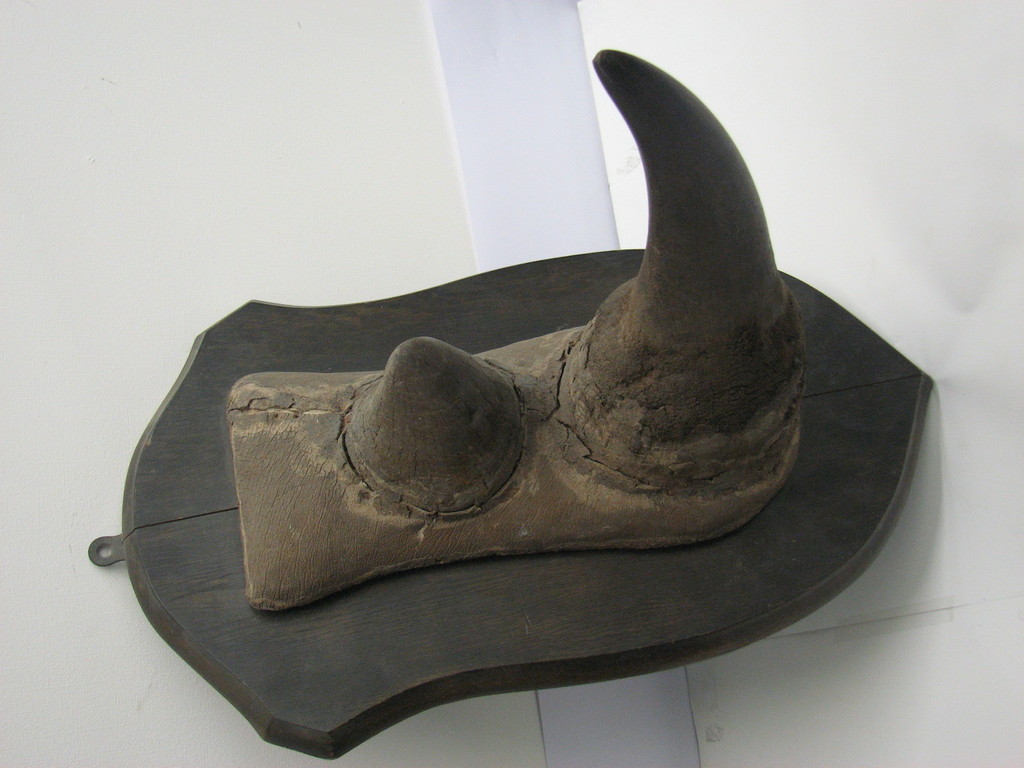Pelly Amendment
In early July, the International Rhino Foundation (IRF) and the Environmental Investigation Agency (EIA) announced they are petitioning the Obama Administration to impose trade sanctions against Mozambique in response to rampant poaching. Since 2010, Mozambican nationals have slaughtered up to 1,862 rhinos in South Africa, as well as thousands of elephants in Tanzania and Mozambique.
Under the Pelly Amendment to the U.S. Fishermen’s Protective Act President Obama is authorised to impose trade sanctions against any countries seen to be undermining an international conservation agreement. It is an important piece of national conservation legislation, and has previously been used to successfully tackle the illegal wildlife trade. The threat of Pelly Amendment sanctions against South Korea and Taiwan prompted action to tackle the illegal rhino horn trade in those countries.
Last year, 1,004 rhinos were poached in South Africa, with 606 of these killings taking place in Kruger National Park, which shares a long shared border with Mozambique. According to the IRF and EIA Mozambican poachers are thought to be involved in 80 to 90 percent of rhino poaching incidents in the Kruger-Limpopo National Parks. Mozambican police and military have been implicated in the poaching with their uniforms and weapons discovered in poachers’ camps. Despite 300 Mozambican poachers having been killed in South Africa’s Kruger National Park in recent years, the pace of rhino poaching shows no sign of declining.
According to Allan Thornton, president of EIA
Trade sanctions are urgently needed to persuade the government of Mozambique to enact a comprehensive crackdown on the poaching gangs and the criminal syndicates that arm and fund the poachers.
Click here to read the full press release from the EIA and IRF
Operation Crash
The soaring demand for rhino horn and high prices fetched on the black market, has led smugglers to search for horns further afield from Africa. Over recent years, there has been a worrying increase in the sale of antique rhino horn from trophy mounts, and also a surge in the thefts of such mounted horns from museums and homes in Europe.
In response to this wider smuggling problem, in 2011 a unit of eight agents from the United States Fish and Wildlife Service and prosecutors from the US Justice Department launched ‘Operation Crash’, which aimed to tackle the illegal trade taking place on an international scale.
Since then, the agents have undertaken a number of undercover investigations, resulting in the arrest of 18 people for trafficking, including owners of antique shops, a rodeo cowboy, a nail salon proprietor and a convicted drug dealer.
In almost all cases, the smugglers were buying rhino horn through taxidermy websites, auction houses and through personal contacts in the U.S. and shipping it to China and Vietnam. The U.S. government estimates the 18 smugglers trafficked more than $10 million in rhino horn.
Most recently, an art dealer Gene Harris, 76, of Miami, plead guilty to “illegal rhinoceros trafficking” and could face up to five years in prison.
In May earlier this year, Zhifei Li, 30, was sentenced to nearly six years in prison, after admitting his leading role behind an international smuggling ring. In December, he had pleaded guilty to 11 charges, including conspiracy, smuggling, illegal wildlife trafficking and creating fake documents, where he co-ordinated a black market network that smuggled 30 rhino horns and other objects made from rhino horn and elephant ivory, worth more than $4.5 million from the USA to China.
You can read more about the convictions resulting from Operation Crash in this link from Bloomberg.
Read more about how Save the Rhino is working to reduce the demand for rhino horn in Vietnam.









